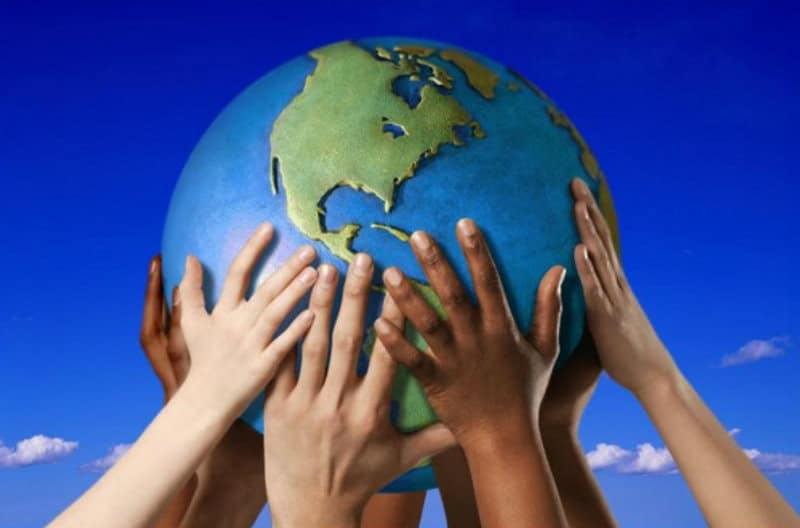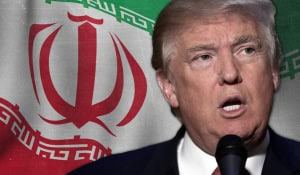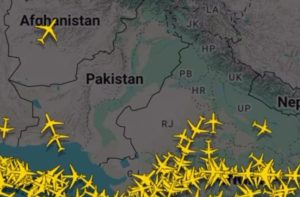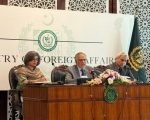UNITED NATIONS (Online) – International Human Solidarity Day is being celebrated today (Sunday).
The theme for this year is ‘Shared progress and prosperity based on global solidarity’.
In his message on the occasion, United Nations General Secretary Ban Ki-moon said: “By adopting the historic 2030 Agenda for Sustainable Development, world leaders expressed their resolve to seek shared progress and prosperity based on a spirit of global solidarity.”
According to UN, the new Sustainable Development Goals (SDGs) agenda is centred on people and planet, underpinned by human rights and supported by a global partnership determined to lift people out of poverty, hunger and disease. It will be thus be built on a foundation of global cooperation and solidarity, the UN added.
Human Solidarity Day
Solidarity is identified in the Millennium Declaration as one of the fundamental values of international relations in the 21st Century, wherein those who either suffer or benefit least deserve help from those who benefit most.
Consequently, in the context of globalisation and the challenge of growing inequality, strengthening of international solidarity is indispensable.
Therefore, the UN General Assembly, convinced that the promotion of the culture of solidarity and the spirit of sharing is important for combating poverty, proclaimed 20 of December as International Human Solidarity Day.
Through initiatives such as the establishment of the World Solidarity Fund to eradicate poverty and the proclamation of International Human Solidarity Day, the concept of solidarity was promoted as crucial in the fight against poverty and in the involvement of all relevant stakeholders.
The General Assembly, on 22 December 2005, by resolution 60/209 identified solidarity as one of the fundamental and universal values that should underlie relations between peoples in the Twenty-first century, and in that regard decided to proclaim 20 December of each year International Human Solidarity Day.
Its objective is to eradicate poverty and promote human and social development in developing countries, in particular among the poorest segments of their populations.















